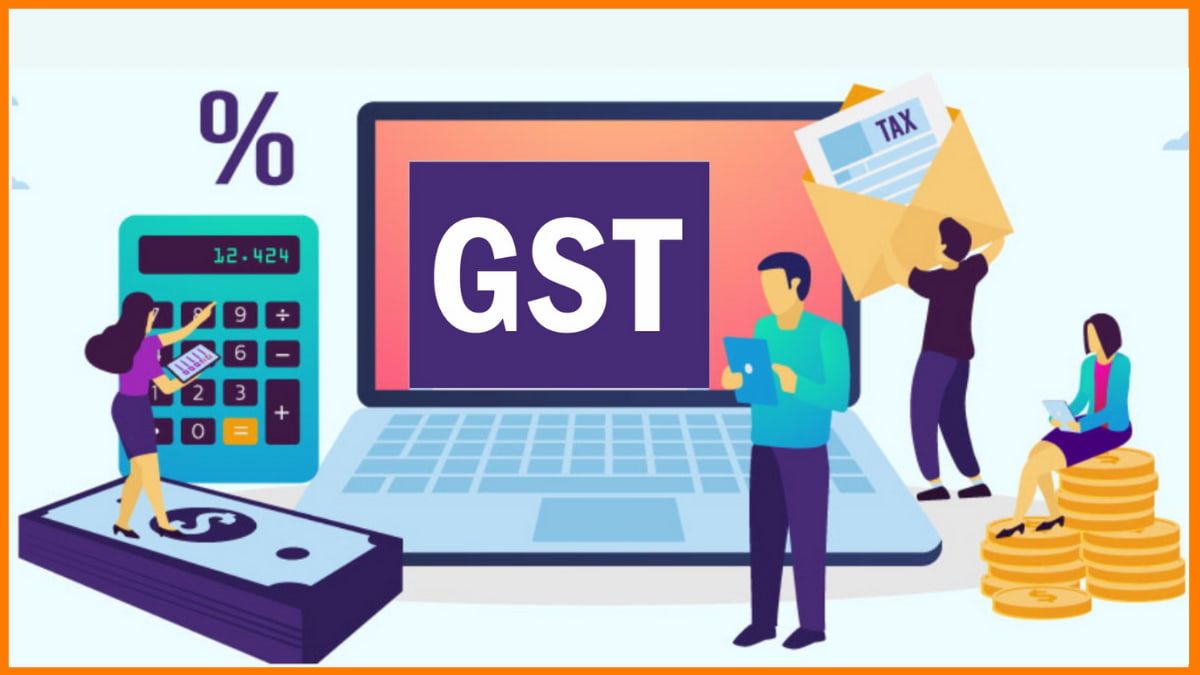From Beginning To End: The Ultimate Roadmap to GST Registration for Businesses Looking For Financial Stability
Browsing the complexities of Product and Services Tax (GST) enrollment is a critical step for organizations aiming for financial stability. From understanding the basic principles of GST to adhering to post-registration guidelines, the procedure can seem discouraging at very first look. Damaging down the roadmap right into workable actions can improve the enrollment journey for companies looking to boost their economic standing. Allow's check out the vital components that comprise this best roadmap and find how each phase adds to laying a solid foundation for economic success.
Understanding GST Fundamentals
Diving into the basic principles of Item and Provider Tax (GST) is essential for obtaining a thorough understanding of its ramifications on services and the economic climate. Input Tax Credit (ITC) is a considerable attribute of GST, allowing services to assert credit history for tax obligations paid on inputs, reducing the general tax concern. Recognizing the essentials of GST is crucial for companies to conform with tax obligation guidelines, handle their funds efficiently, and contribute to the country's financial development by participating in a transparent tax obligation system.
Qualification Standards for Enrollment
To sign up for GST, organizations have to fulfill details eligibility criteria developed by the federal government. The key qualification need is that any kind of business associated with the supply of products or solutions with an annual aggregate turnover above the threshold limitation established by the authorities need to register for GST. Since the existing laws, the threshold restriction for GST enrollment is a yearly accumulation turnover of 40 lakhs for businesses running within a state, other than for unique classification states where the limitation is 20 lakhs. Additionally, certain organizations are called for to register for GST irrespective of their turn over, such as interstate distributors, informal taxable individuals, and organizations reliant pay tax obligation under the reverse cost system. It is crucial for services to extensively assess their turnover and purchase types to establish their GST enrollment commitments precisely. Failing to register for GST when eligible can cause charges and lawful consequences, making it important for businesses to abide by the defined qualification requirements.
Documents Needed for Registration
Having fulfilled the qualification criteria for GST registration, businesses must currently ensure they have the requisite papers in location to proceed with the enrollment process efficiently. The records required for GST enrollment typically consist of proof of organization constitution, such as collaboration deed, enrollment certificate, or unification certificate for various kinds of organizations. Furthermore, businesses need to give records establishing the principal area of service, such as a rental agreement or power bill.
Step-by-Step Enrollment Process
Following, all called for papers as look at this web-site per the list given by the GST portal need to be submitted. These papers generally consist of evidence of service identity, address and enrollment evidence of promoters, financial statements, and business entity's PAN card.

Post-Registration Conformity Standards

Final Thought
In final thought, imp source services seeking monetary stability needs to understand the fundamentals of GST, satisfy eligibility criteria, gather essential records, comply with the step-by-step registration process, and abide by post-registration standards - Best GST registration services in Singapore. By adhering to these steps, organizations can make certain conformity with tax policies and maintain economic stability in the long run
Additionally, specific services are required to register for GST regardless of their turn over, such as interstate providers, informal taxable individuals, and services responsible to pay tax obligation under the reverse cost device.Having met the qualification requirements for GST registration, services should currently ensure they have the requisite documents in location to proceed with the enrollment process effectively. The documents needed for GST registration commonly consist of proof of service constitution, such as partnership act, registration certification, our website or consolidation certification for different kinds of businesses. Furthermore, businesses need to give files developing the principal location of organization, such as a rental contract or electricity costs.Beginning the GST enrollment procedure involves a collection of structured steps to make certain a certified and seamless enrollment for companies.
Comments on “Specialist Tips for Selecting the Best GST Registration Services in Singapore”